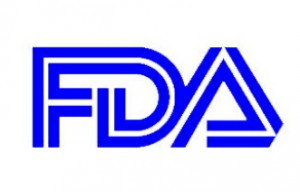Last week, Food Poisoning Bulletin told you about a ban on shellfish imported from Korea that was announced by the Washington State Department of Health. The FDA removed all Korean dealers from the Interstate Certified Shippers List. But there was no explanation given.
 Today, the government said there are significant issues with Korean shellfish growing areas because of the presence of human fecal waste. The deficiencies in the growing areas include:
Today, the government said there are significant issues with Korean shellfish growing areas because of the presence of human fecal waste. The deficiencies in the growing areas include:
- Ineffective management of land-based pollution sources
- Inadequate sanitary controls to prevent the discharge of human fecal waste from fish farms, commercial fishing vessels, and aquaculture vessels
- Detection of norovirus in shellfish growing areas
Norovirus causes gastroenteritis, with symptoms of nausea, vomiting, diarrhea, and stomach cramps along with low-grade fever, chills, headache, muscle aches, and tiredness.
The FDA stated that any shellfish imported from Korea before May 1, 2012 is considered adulterated. That list includes fresh, frozen or processed oysters, clams, mussels, and scallops. No food distributor, retailer, or food service operator should sell any of those products, and consumers should not eat the products. No illnesses have been reported linked to Korean shellfish in 2012, although there was an outbreak of norovirus caused by Korean oysters in November 2011.




